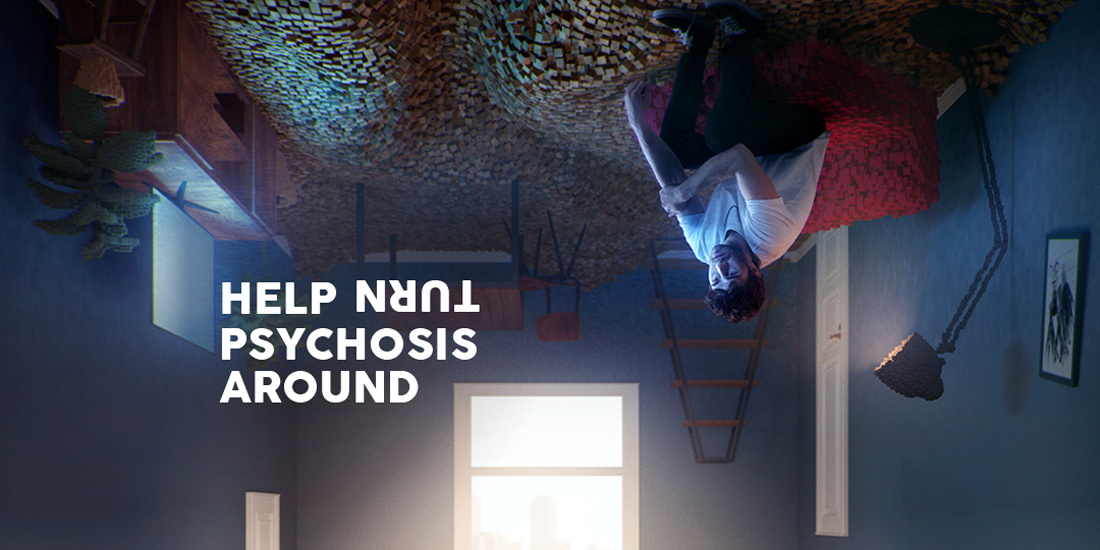
Orygen has developed the campaign #HelpTurnPsychosisAround to help GPs and other health professionals identify the early signs of psychosis in young people, and refer them to the headspace Early Psychosis program.
The campaign materials include a video, two brochures – one targeted at health professionals and the other targeted at young people and their families, social media assets, and a checklist to help health professionals identify young people who should be referred to headspace Early Psychosis for assessment.
Orygen’s director of clinical service innovation Amelia Callaghan said psychosis was a confusing and often misunderstood illness that could turn a young person's world upside down.
“They might experience confused thinking or unusual thoughts, see things other people don't see, or hear voices and sounds that other people don't,” Ms Callaghan said.
Psychosis can be treated and, with support, most people have a good recovery. Ninety per cent of people, within 12 months of starting treatment, achieve full or partial remission of the most dramatic symptoms including hallucinations, delusions or thought disorder.
headspace Early Psychosis runs out of 14 headspace centres across the country and is based on the EPPIC (Early Psychosis Prevention and Intervention Centre) model of care pioneered by Orygen. headspace Early Psychosis recognises that young people with early psychosis and their families require a holistic approach to care and provides comprehensive and expert support in every aspect of a young person’s life, including education, employment and relationships.
To learn how to recognise early psychosis symptoms or refer a young person for support, visit: headspace.org.au/earlypsychosis.
.aspx)